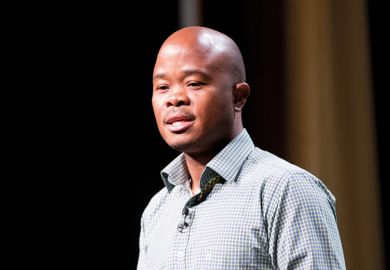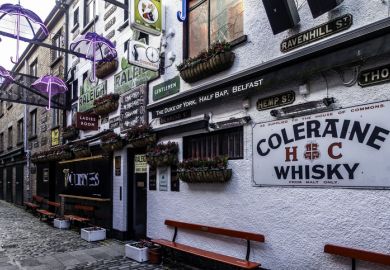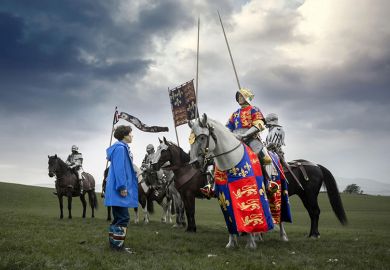Having a peaceful society is usually seen as a prerequisite for a successful higher education sector. But, according to the leader of Mauritius’ flagship university, it can also be a “barrier to innovation”.
Dhanjay Jhurry, vice-chancellor of the University of Mauritius, said that the institution had always focused on the “development of the priority sectors of our country”, such as agriculture, financial services, tourism and information and communications technology. It was established in 1965, three years before the island gained independence from the UK.
However, he said that the university was increasingly moving away from its position as the “centre of development” in the country to a “partner of development”, by working with the private sector to create research programmes and foster entrepreneurship.
“How do you get a government willing to develop modern technology and AI if the university is not fully behind it? The university prepares the ground,” he said.
But while Professor Jhurry said that he saw the institution’s core purpose as “innovation”, he suggested that Mauritian society might not be combative enough to push ideas to “breaking point”.
“Is the fact that there is peace in our country…a barrier to innovation? Probably,” he said.
“When you have got to maintain a certain ecosystem, when you have got to maintain peace, there are things that you will not say [and] you will probably not go towards conflictual things.”
Mauritius was ranked the 24th most peaceful country in the world by the Global Peace Index 2019, ahead of the UK (joint 45th), France (joint 60th) and the US (128th), and was placed 16th in the Economist Intelligence Unit’s 2017 Democracy Index.
But Mauritius has not always been so peaceful: the post-independence years were characterised by civil unrest and disputes over civil liberties, before economic growth brought greater tranquillity.
Professor Jhurry, who was appointed leader of the University of Mauritius in 2017, added that he did not know “what makes Mauritius such a peaceful society” nowadays, but stressed that it is a multicultural and multireligious place that brings together people from Africa, Asia and Europe.
“Is it because people have constructed things in their own mind that they have got to maintain peace even if it is not the natural thing?” he asked. “I don’t know the answer.”
Professor Jhurry also spoke about the importance of universities’ addressing the United Nations’ Sustainable Development Goals but urged institutions not to be driven by competition.
“If universities are looking at the SDGs only in a manner that they will be the best in the world and they will be attracting the most students, it defeats the purpose,” he said.
“The message that the UN wanted to convey was the concept of sharing and making the world a better place.”
Register to continue
Why register?
- Registration is free and only takes a moment
- Once registered, you can read 3 articles a month
- Sign up for our newsletter
Subscribe
Or subscribe for unlimited access to:
- Unlimited access to news, views, insights & reviews
- Digital editions
- Digital access to THE’s university and college rankings analysis
Already registered or a current subscriber?









